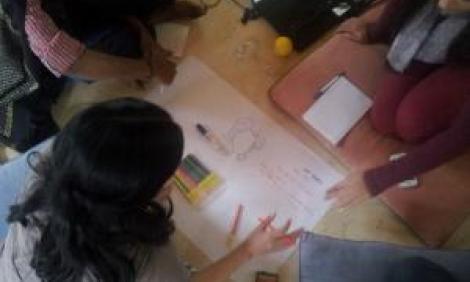
Editorial
A is for Agency
It’s been a great month for cyber-feminism. The #FBrape campaign succeeded in changing the social network giant’s policies on violence against women in record time. The global alarm over the NSA surveillance scandal created mass awareness over privacy and access to personal data. And Instagram launched hipster filters for videos. Perhaps not as breakthrough, but definitely encouraging of more…
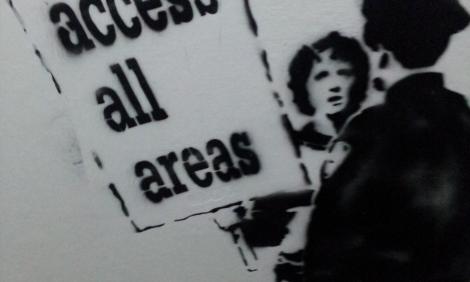
Feminist talk
Of Porn, Morality and Censorship: A Perspective from India
Filed in April 2013, a legal petition that calls for a ban on pornography on account of its linkage to sexual violence in India has raised several eyebrows and debates within the country. This piece written by Richa Kaul Padte explores the context for this proposed legislation, the social and legal cultures in which it sits, and its implications for internet censorship within India.
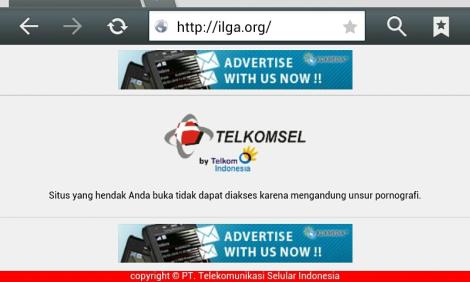
In depth
Indonesia: Put sex on the internet!
This article by Kamilia Manaf and Ni Loh Gusti Madewanti describes how the discourse on sexuality in Indonesia is becoming more political and part of the public sphere due to the impact of the reformations begun in 1998. However, while the internet has provided a space for the advancement of sexual rights in Indonesia, discrimination and violence against LGBT groups and women in Indonesia that…
Feminist talk
Women’s rights and threats to online freedom: reflections from the Freedom Online Conference 17 to 18 June 2013
From 17 to 18 June 2013 I took part in the conference on online freedom known as Freedom Online. This conference, carrying the same name of the coalition behind it, highlighted the continent in which it was hosted. In the midst of the international storm about surveillance and censorship, our specific focus was online freedom in Africa and the Arab world as Tunisia, like all of the Maghreb, has…
Feminist talk
#fbrape is about gender-based hate speech, not about censorship
On May 21 more than a hundred organisations lead by "Women, Action…
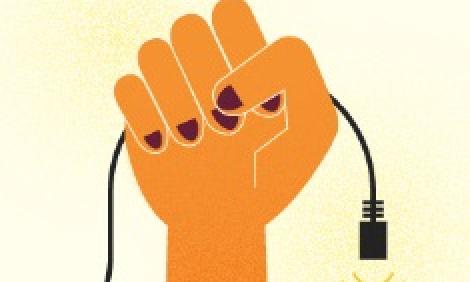
Feminist talk
Women and the web: Why internet access matters
When women are able to gain access to the internet, they begin to do powerful things with it. Among women in developing nations, many of those who have been able to access the web have used it to find work, do research, and otherwise seek an additional income source for their families. The following infographic examines how now, more than ever, women in developing nations need the web.
Feminist talk
Facebook support sucks
Since November 22, when I made a password error, Facebook has restricted me from certain features for 30 days. Highly inconvenient because I am admin of several groups and pages (mostly related to peace and human rights). Each I try to take any of the above actions, I get a note saying I have been blocked from certain features because I may have violated community standards. Like which ones?
Publication
Going visible: Women’s rights on the internet
Information and communication technologies (ICTs) create new scenarios, new ways for people to live, and these reflect real-life problems. Women need to assert their rights here with determination and without delay. Women may not have been an active part of policy-making conversations when internet governance started, but the rapid pace of change online means they need to participate now to…
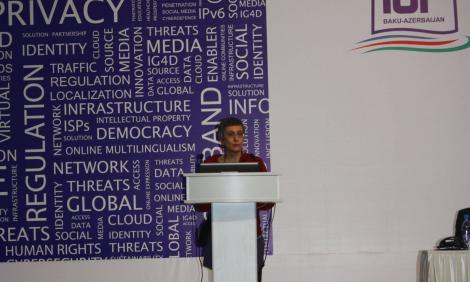
Feminist talk
Human rights must be encoded into the fabric of internet governance dialogues
This is the transcription of Valentina Pellizzer 's speech at the closing ceremony of the 7th Internet Governance Forum (IGF), which took place in Baku, Azerbaijan from 6th to 9th November, 2012.
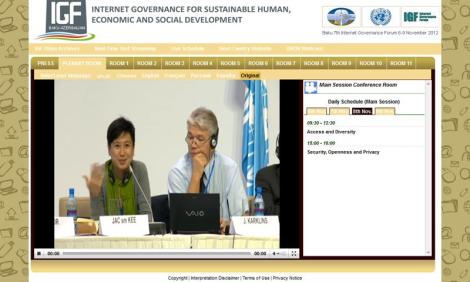
Feminist talk
IGF 2012 - Access and Diversity Main Session
This is the transcript of the Access and Diversity Main Session that took place on November 8 2012 at the Internet Governance Forum in Baku, Azerbaijan. It was the first time in the entire history of the IGF that women and gender issues were addressed in a main session, with the presence of Jac sm Kee from APC Women´s Rights Programme.




